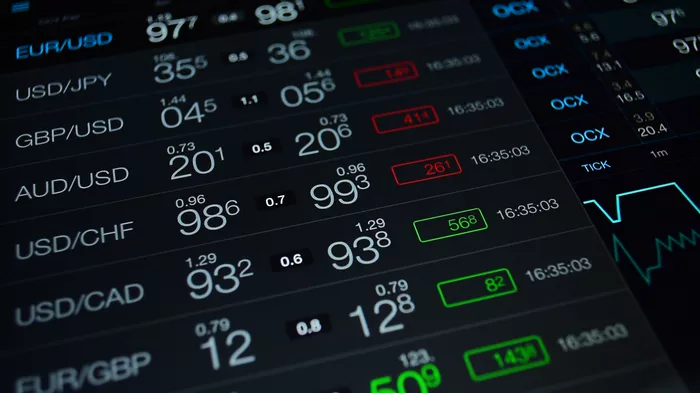BlackRock, the world’s largest asset manager, announced on Tuesday that it will implement new climate policies for 83 of its Europe-domiciled funds. This initiative targets portfolios with explicit climate and decarbonization goals and may eventually extend to funds in the US, the Asia-Pacific region, and separate accounts managed for clients.
BlackRock highlighted a growing client interest in sustainable and transition investing, driven by the desire to mitigate financial risks and capitalize on opportunities presented by the shift to a low-carbon economy. Many clients now include decarbonization in their investment mandates.
Although these new policies impact only a small portion of BlackRock’s $10.5 trillion in assets under management, they signify the firm’s response to the mixed reactions towards Environmental, Social, and Governance (ESG) investing. BlackRock has faced criticism from Republican politicians in the US for its climate stance, while environmentalists and some Democrats have pushed for more aggressive actions on emissions.
Despite the political challenges, BlackRock remains a dominant force in ESG investing, as noted by Morningstar Inc. in April. CEO Larry Fink emphasized in his annual letter that the energy transition is a significant economic trend influencing global markets, presenting both risks and opportunities for investors.
The new decarbonization policy will account for the widest range of greenhouse gas emissions, including Scope 3 emissions, which cover a company’s entire value chain. It will also evaluate corporate strategies against the objective of limiting global warming to 1.5°C above pre-industrial levels.
BlackRock assured that the affected portfolios will balance financial performance with decarbonization targets. However, for all other funds, the firm will continue to prioritize clients’ long-term financial returns according to its standard policies, as stated by Joud Abdel Majeid, head of investment stewardship at BlackRock.
The new policy is set to be implemented in the fourth quarter.
Related topics:



























